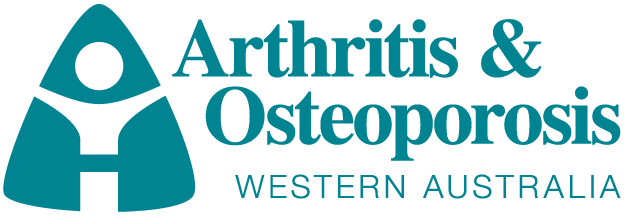Australia legalised Medicinal Cannabis (MC) in 2016 and not surprisingly, it is taking time for doctors and patients to “wrap their heads around it.” Furthermore, it does come with some historical, albeit false, “baggage” despite its common medical usage till the 1930’s. The history of cannabis prohibition is fascinating.
Let’s be clear. MC is neither a panacea for all ills nor something fearsome to be avoided. It has a role for certain people with certain conditions. It is in no way the same as street marijuana.
The main indications are chronic pain, multiple sclerosis spasticity, PTSD, insomnia, certain forms of childhood
epilepsy, cancer pain and nausea together with chemotherapy-induced nausea and vomiting. This list is not exhaustive and use can be approved in Australia for any condition where there is data and scientific evidence of benefit and where other treatments have failed or have caused unacceptable side-effects.
A USA study on people with arthritis found over 50% had tried MC for chronic pain. Australian figures are unknown but a number of MC approvals have been for chronic pain, including patients with various forms of arthritis.
It is estimated that the cannabis plant has over 500 bio-active compounds. The two main cannabinoids are cannabidiol (CBD) and delta-9 tetrahydrocannabinol (THC). The former is not psycho-active but the latter is.
There are acidic (pre-cursor) forms of both together with flavonoids (anti-oxidants) and terpenes. The “entourage” theory contends that the whole is more effective than the sum of the parts. Hence whole plant extracts are often said to be more effective than isolates of a single cannabinoid.
Like all medications there are side effects including tiredness, a vague feeling dizziness and dry mouth. If you are looking to get “high” with MC you will be very disappointed.
For a doctors to prescribe it legally they need to obtain approval from both the Therapeutic Goods Administration (TGA), a federal government body, and the State Health Department. An application is made online detailing your medical condition and past history, current treatment, past failed (or unacceptable) treatment and a monitoring plan. A patient consent to treatment form may need to be signed.
Approval mostly comes in 48 hours unless more information is needed. As of November 2019, any GP in WA can prescribe MC. Many still are, understandably, not familiar with the process. Once approved a prescription is issued. Most pharmacies won’t keep it in stock but can access it in a day. There is no PBS subsidy so ask about cost. Legally I cannot write about price.
At the time of writing there is one Australian producer with products* available, with other products being imported – mainly from Canada.
So, to summarise, MC may have a role in in the treatment of some people with arthritis. It will not help everyone. There may be side effects. Some may get considerable improvement in their quality of life.
Have a chat with your doctor and be realistic.
By Dr Joe Kosterich M.B.B.S
N.B. The author is medical advisor to Elixxer Ltd. – the Australian producer





